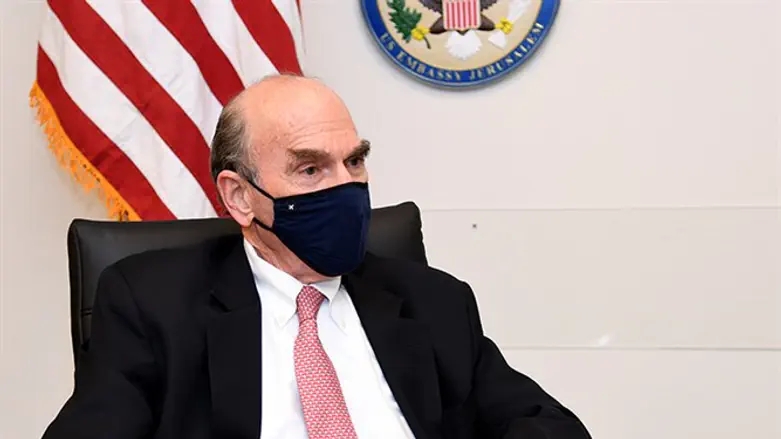
Iran is unlikely to retaliate over the elimination of prominent nuclear scientist Mohsen Fakhrizadeh before the inauguration of Joe Biden in case it jeopardizes any future sanctions relief, the top US envoy on Iran told Reuters on Thursday.
Elliott Abrams, Washington’s special representative on Iran and Venezuela, told the news agency that Tehran was “desperately” in need of sanctions relief from the United States and that would be a key calculation in their decision-making as President-elect Biden takes over from President Donald Trump on January 20.
“If they want sanctions relief, they know that they’re going to need to enter some kind of negotiation after January 20, and it’s got to be in their minds that they don’t want to... undertake any activities between now and Jan 20 that make sanctions relief harder to get,” he told Reuters.
Iran has accused Israel of directing Fakhrizadeh’s death, calling the incident an act of "state terrorism".
Tensions between Washington and Tehran are at an all-time high, as Iran has gradually scaled back its compliance with the 2015 nuclear deal it signed with world powers. That came in response to US President Donald Trump’s withdrawal from the agreement in May of 2018 and his administration’s reimposition of sanctions on Iran.
Biden has said he will return the United States to the deal if Iran resumes compliance. Iranian Foreign Minister Mohammad Javad Zarif said recently that Iran would fully implement the deal if Biden lifts the sanctions that have been imposed on the Islamic Republic.

